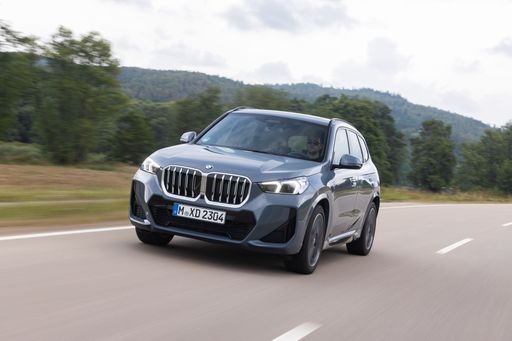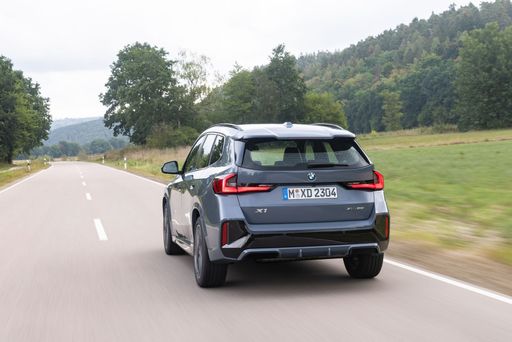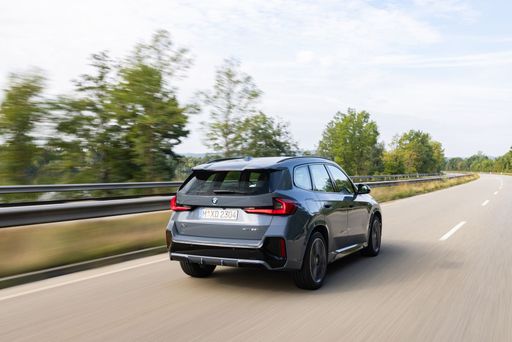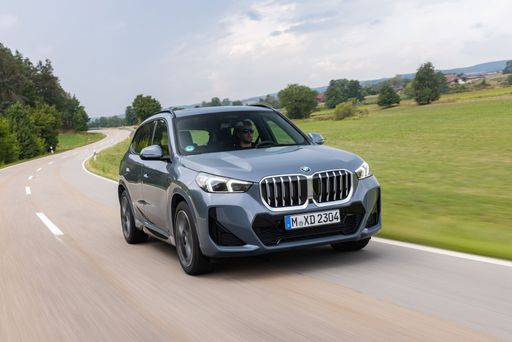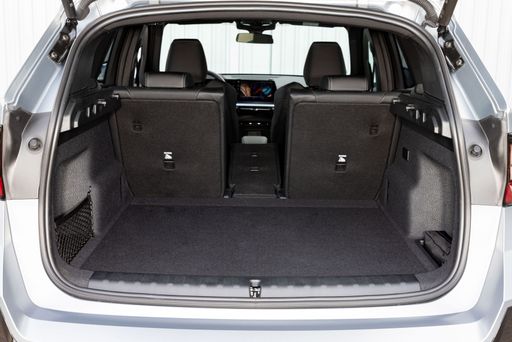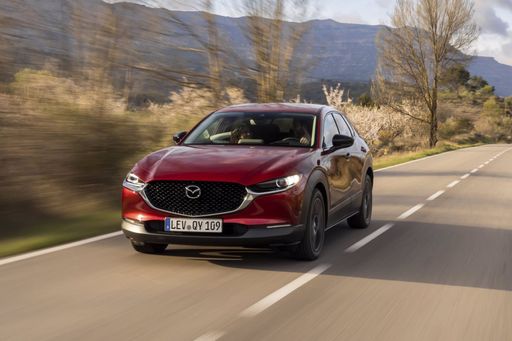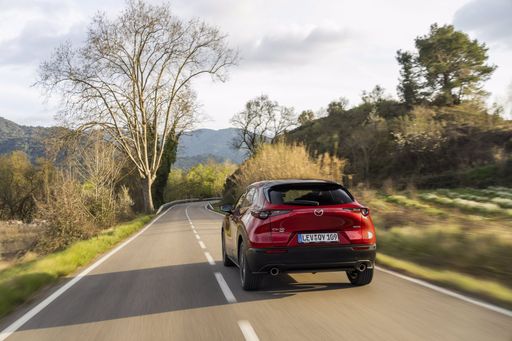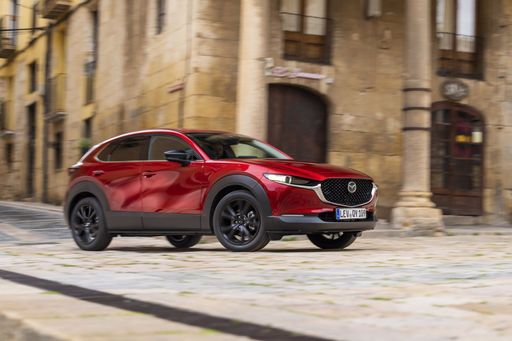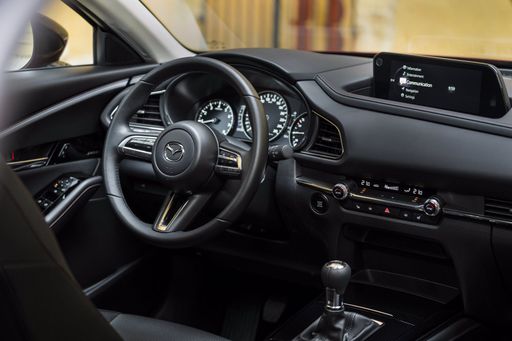BMW X1 vs. Mazda CX-30: An In-Depth Comparison
The compact SUV segment continues to thrive, with numerous models vying for supremacy. Among them, the BMW X1 and Mazda CX-30 stand out for their innovative technologies, performance capabilities, and overall design. In this article, we’ll dissect both models, focusing on their technical aspects, features, and innovations to help you make an informed decision.

